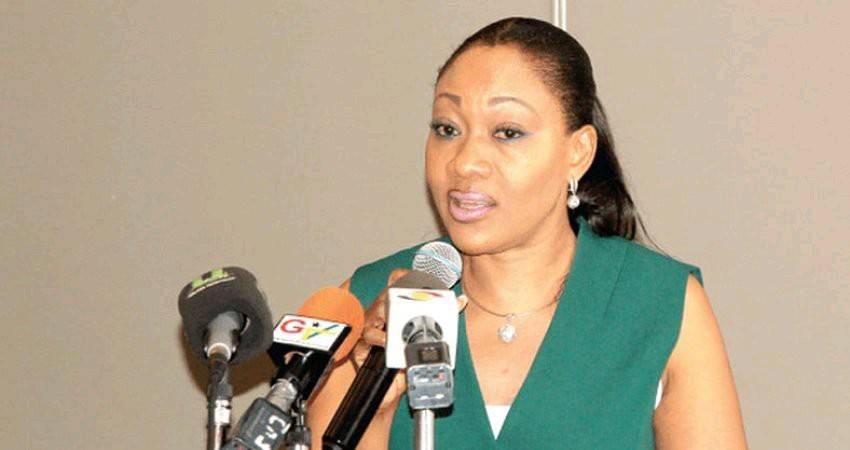The aftermath of Ghana's December 7 general elections has taken a dramatic turn, particularly in the Ashanti Region, where the collation of results at the Police Training Academy has become the center of attention. What should have been a smooth and transparent process quickly escalated into confusion and accusations, leaving tensions high and trust in the process hanging by a thread.
As Electoral Commission (EC) officials packed up their materials late into the night, a stern warning came from Kwame Yeboah, the National Democratic Congress (NDC) Director of Legal Affairs for the Ashanti Region. His voice cut through the chatter in the room, grabbing everyone’s attention. “Nothing went on today; we are leaving, and don’t expect anyone to enter this hall secretly to declare anyone as winner,†he declared firmly. His words were a direct call for transparency and fairness, two things he believed were under threat.
Rumors had begun circulating, suggesting that certain individuals, possibly linked to the New Patriotic Party (NPP), were planning to interfere with the collation process. This created a wave of anxiety among party agents, observers, and journalists who had gathered at the academy to witness the results unfold. The NDC's legal director was clearly not willing to take any chances, emphasizing the importance of accountability in every step of the election process.
Inside the Police Training Academy, the scene was intense. Ballot boxes were being sealed, documents were being sorted, and officials were preparing to vacate the premises. However, the atmosphere was far from routine. There was an underlying sense of unease, as if everyone in the room was bracing for something unexpected. The tension was palpable, and every movement seemed to carry a weight far beyond the ordinary task at hand.
This wasn’t just any election for the people of Ghana. The stakes were high, and the Ashanti Region, known as a political stronghold for the ruling NPP, was a key battleground. Every vote mattered, and the credibility of the process was being closely scrutinized. The presence of political party agents, media personnel, and other observers only added to the pressure on EC officials to ensure that everything was done by the book.
Kwame Yeboah’s warning wasn’t just a statement; it was a reflection of the deep mistrust that has come to define the relationship between the two major political parties in Ghana. The NDC had already raised concerns about irregularities in the lead-up to the elections, and Yeboah’s comments suggested that those fears had not been allayed. For him, the mere possibility of someone sneaking into the hall to tamper with the results was enough to demand vigilance.
The Police Training Academy, which had turned into a makeshift collation center, became a focal point not just for the results but for the larger issues at play in Ghana’s democracy. Journalists and political observers anxiously waited for the final tally, aware that the numbers from this region could significantly impact the overall outcome. The sense of anticipation was electric, but it was also tinged with concern. Would the process be fair? Would the results reflect the will of the people?
Despite the efforts of EC officials to maintain a professional demeanor, the tension in the room was hard to ignore. Every movement was watched, every action scrutinized. For the NDC, ensuring transparency wasn’t just about this one election; it was about setting a precedent for future elections. For the EC, it was a test of their ability to manage an election process that could withstand public and political scrutiny.
As the night wore on and the collation process continued, it became clear that the stakes were higher than ever. The Ashanti Region’s results were more than just numbers; they were a symbol of the trust—or lack thereof—that citizens had in their democratic institutions. The NDC’s insistence on fairness and accountability was a reminder that democracy thrives not just on votes but on the integrity of the systems that count them.
By the time the EC officials left the collation center, the room had quieted down, but the air of uncertainty remained. What would happen next? Would the final results be accepted by all parties? These were the questions lingering in the minds of everyone who had witnessed the events of the day.
Kwame Yeboah’s warning served as a powerful message, not just to the EC but to the nation as a whole. It was a call to protect the integrity of the electoral process, to ensure that every vote counted, and to uphold the principles of fairness and transparency that are the cornerstone of democracy. As Ghana waits for the final results, one thing is clear: the road to a credible election is never without its challenges, but it is a journey worth taking.




No comments yet
Be the first to share your thoughts!